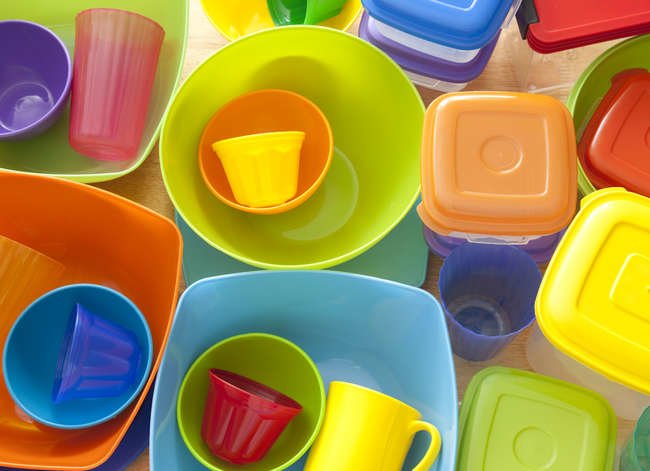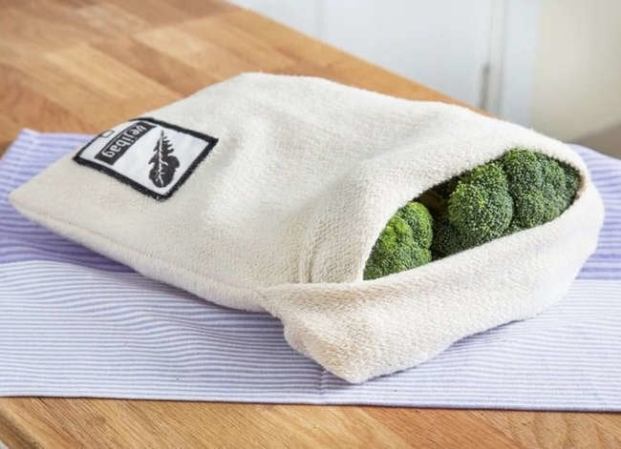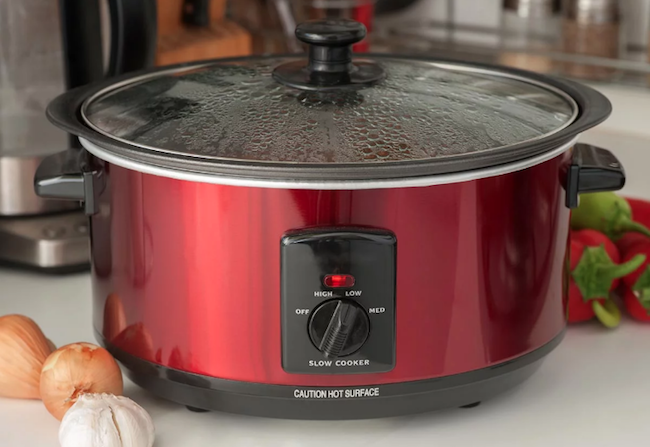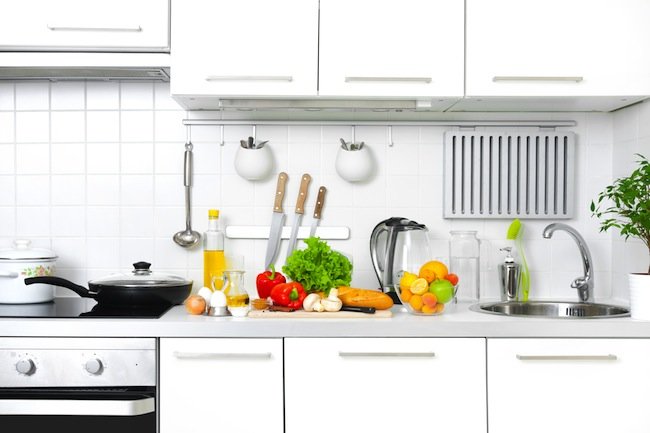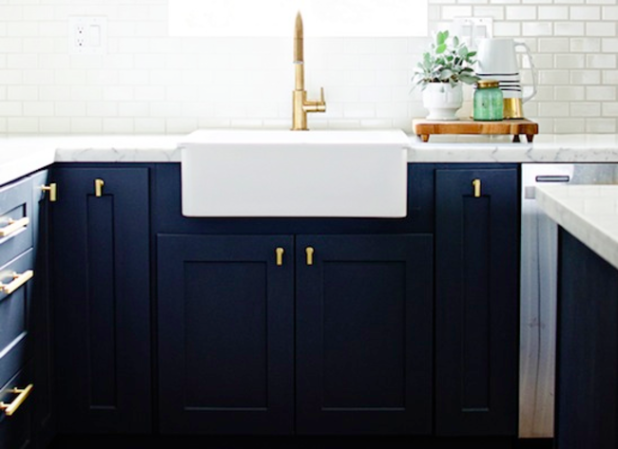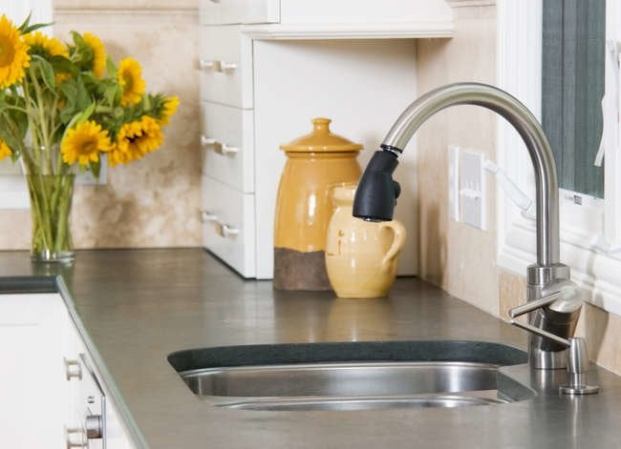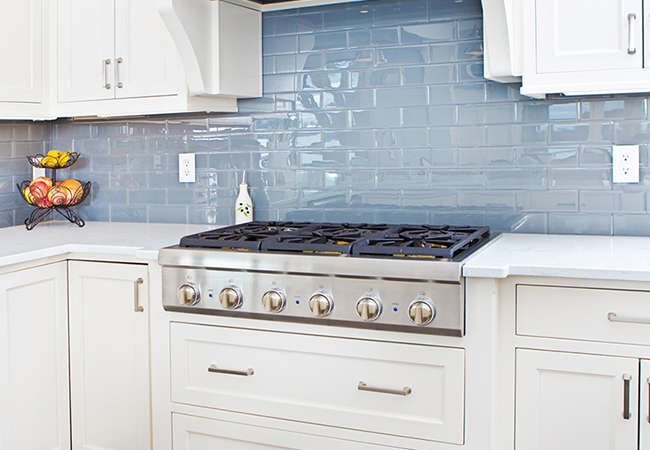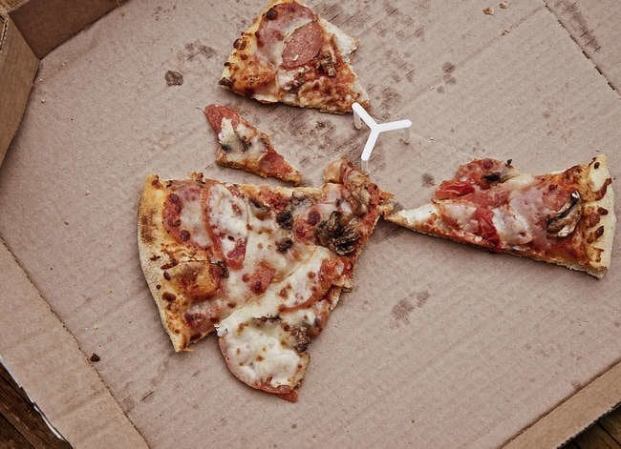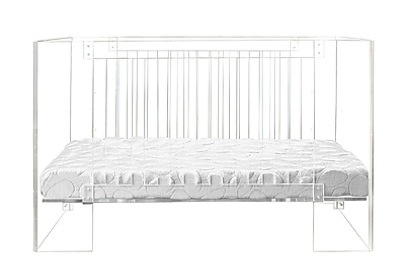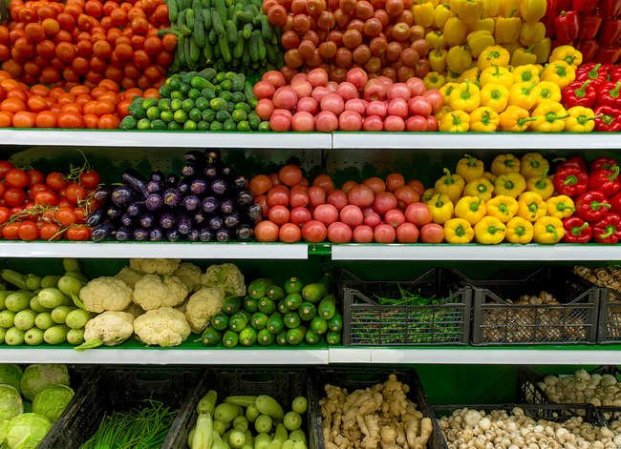We may earn revenue from the products available on this page and participate in affiliate programs. Learn More ›
Plastic isn’t as disposable as you think.
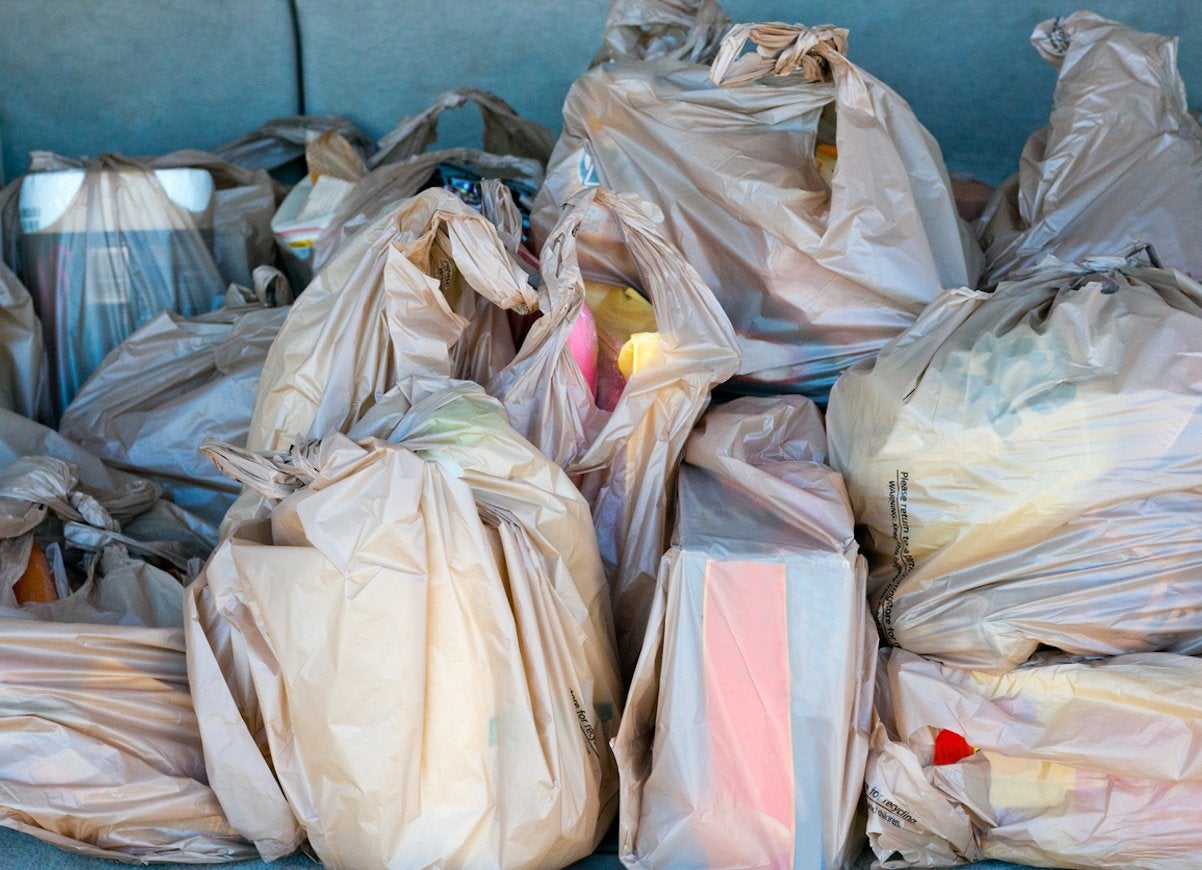
Worldwide, more than 2 million plastic bags are used every minute. And though the average plastic bag has a useful lifespan of just 15 minutes, according to Plastic Oceans, it doesn’t simply disappear when we toss it in the trash. In fact, petroleum-based plastics can take decades to decompose—if they ever do. Take a minute to care for our planet—and keep your under-sink cabinet clear of plastic bag clutter—by tossing a few reusable bags in the trunk of your car so you’ll always have some on hand when you hit the grocery store. Some reusable shopping bags even fold up small enough to fit in a small purse!
Related: 22 Effortless Ways to Make Less Trash
Some plastics may have a negative impact on your health.
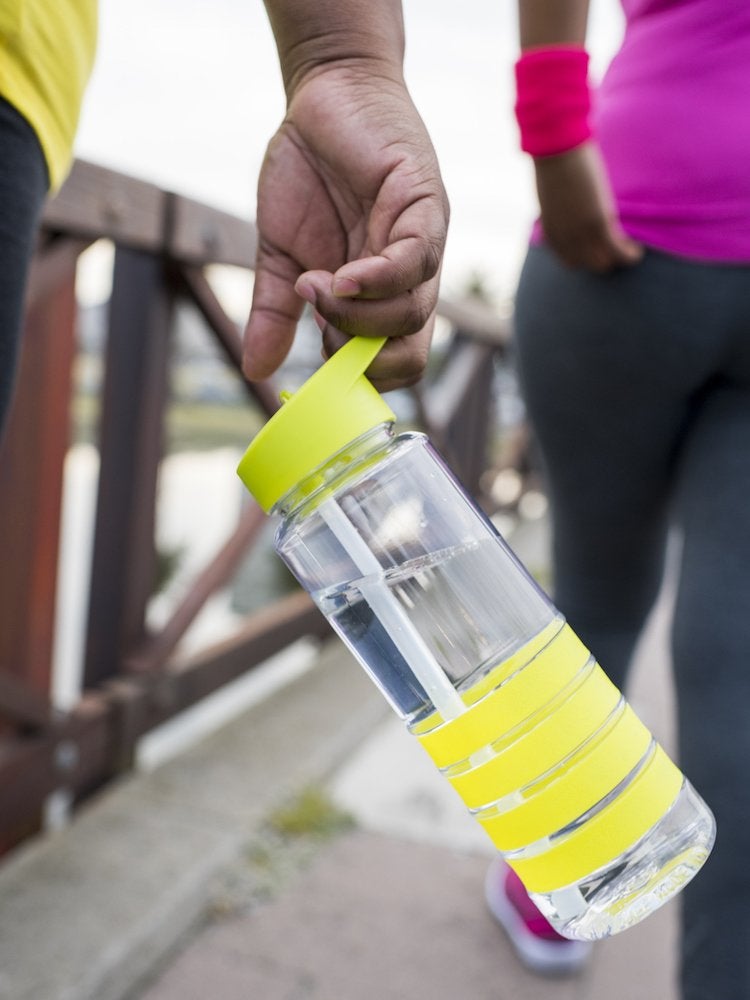
BPA (bisphenol A), which has been used in plastic production for decades, has raised concerns among researchers who say that it may increase the risk of some types of cancer and contribute to other health issues. While some countries have already moved to ban BPA, the FDA has ruled that the substance is safe to humans in small amounts. While the health effects are being debated, if you don’t want to risk it, consider switching to BPA-free glass or metal containers. There’s no downside to making the switch, and you’ll secure yourself a little peace of mind.
The feel and smell of plastic affects taste.

Ever notice that water tastes different from a plastic mug than it does from a glass tumbler? It’s not your imagination. When we eat, taste and smell, signals combine to create a complete sensory experience—and strong plastic odors interfere with the enjoyment of food. Even the touch of plastic can negatively affect some people’s enjoyment of their meal or beverage, as research from the University of Michigan suggests. So, for the most pleasant breakfast, lunch, or dinner, stick to ceramic or china plates and metal flatware.
Plastic, heat, and fat are a toxic mix.
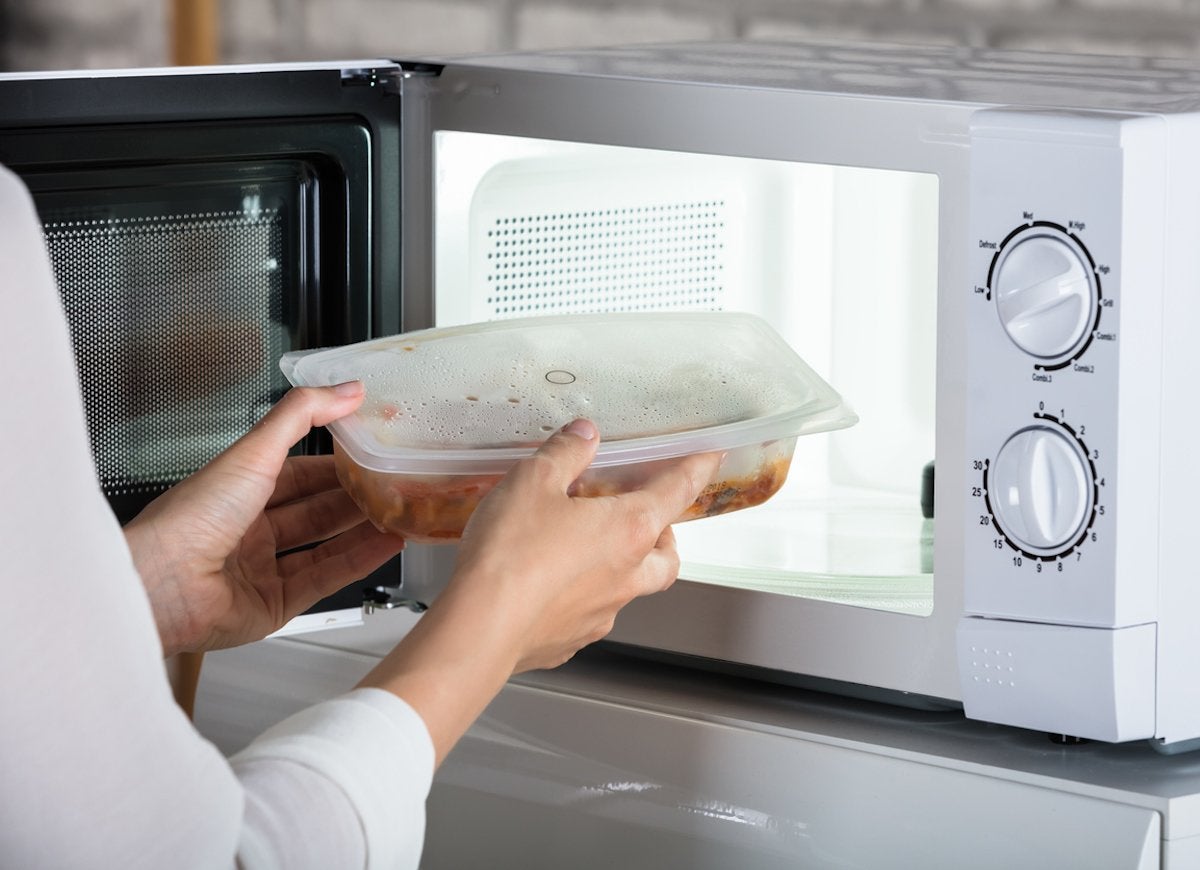
Harvard Health Publishing notes that though microwaving plastic may not pose the deadly risk that some alarmists claim, heat and plastic still don’t mix well. Why? Plasticizers like BPA and phthalates may leak into food when heated. To keep your food from becoming contaminated by these additives, never use plastic containers to microwave food, especially meat, cheese, or other fatty foods, which absorb toxins more readily.
Bacteria love plastic water bottles.
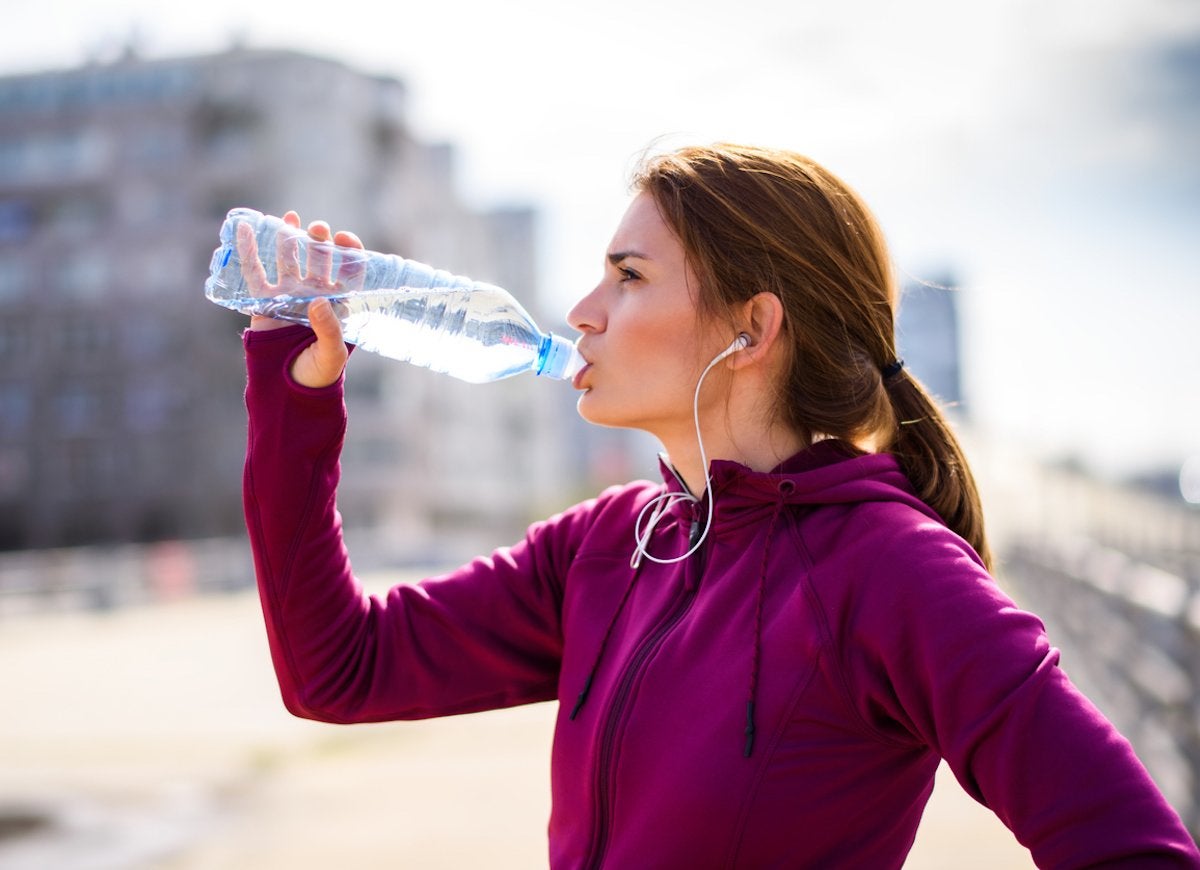
The headlines are certainly colorful: “Water bottles can carry more bacteria than a dog bowl,” USA Today announced in 2017. The lesson is, don’t reuse your plastic water bottles—or better yet, switch to steel water bottles, which are less hospitable to bacteria (but still need to be washed regularly).
Our consumption habits affect others.
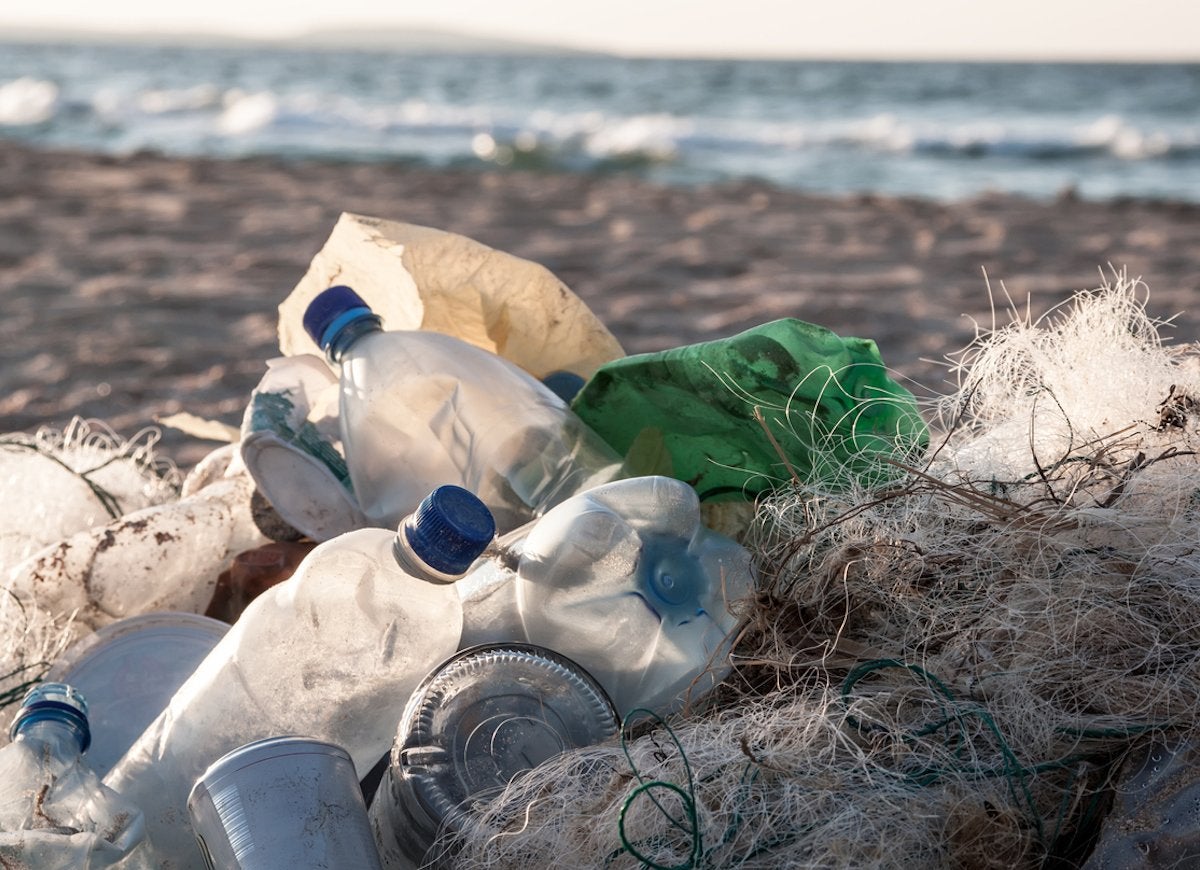
Would you be surprised to learn that some of the contents of your recycling bin travel to the other side of the world? The United States exports our plastic waste—50 to 70 percent of it, in fact—to other countries for recycling, according to The Guardian. Unfortunately, not all countries want to keep processing this plastic, which means that we need to figure out what to do with it all. In our quest to cut down on plastic waste, every little bit counts. Even skipping that plastic to-go container can help. Check the contents of your recycling bin and take stock of the types of plastic food containers you’re discarding most frequently. Then, look for alternative ways to bring home the food you love—without the plastic.
Related: The 10 Biggest Myths About Recycling
Companies respond to consumer choices.
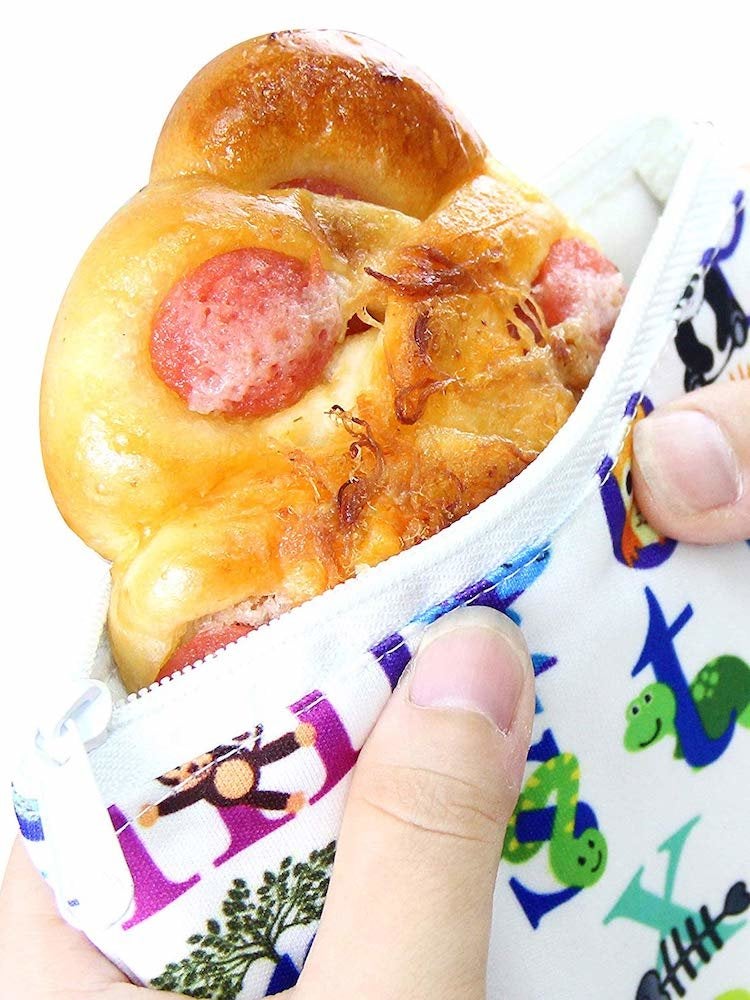
Skipping plastic isn’t just about saving the earth—sometimes it’s about saving money! If you’re spending a tidy sum every month on ziplock sandwich bags for school and office lunches, road trips, and post-game power snacks, switch to reusable cloth sandwich and snack wraps. You can even make your own wraps at home with the help of one of many online tutorials, or buy a set like these that will pay for themselves after a few uses.
For your best kitchen, focus on beauty and longevity.
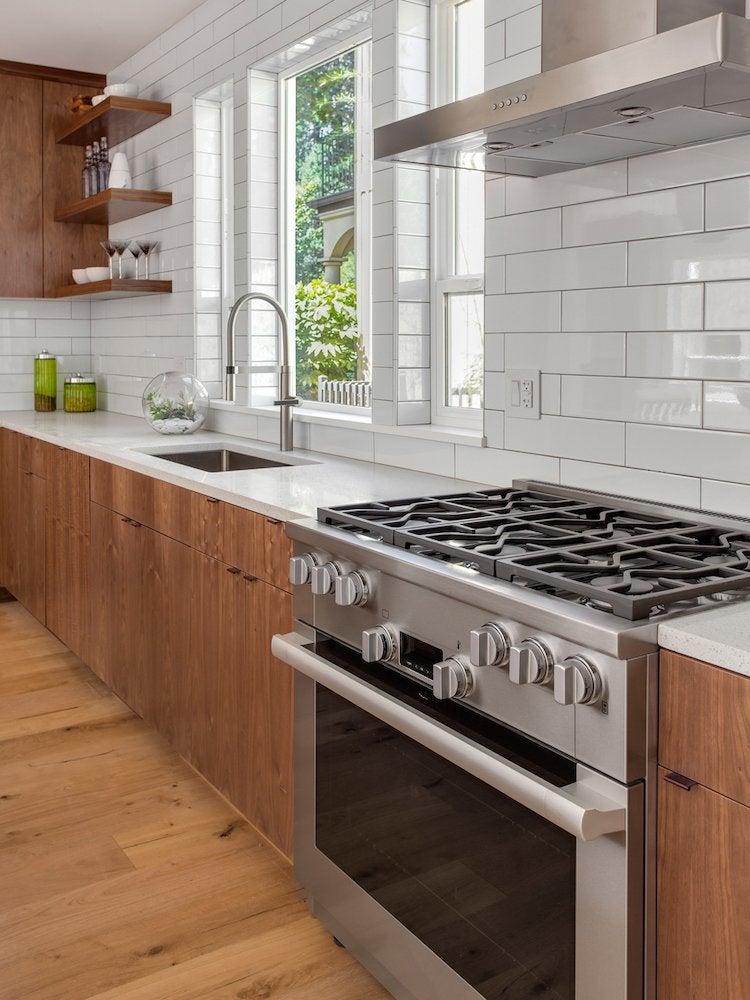
The most beautiful kitchens are built to last. We choose appliances, cabinetry, and countertops with the future in mind. Apply this same care in selecting dishware and accessories. While plastic products degrade, chip, or crack over time, attractive, good-quality plates, glasses, mixing bowls, and serving ware can endure for generations. Whenever possible, stock your kitchen with items that will last and create an atmosphere of love and legacy that will embrace friends and family when they step into your home.
Related: The Greenest Cities in America
